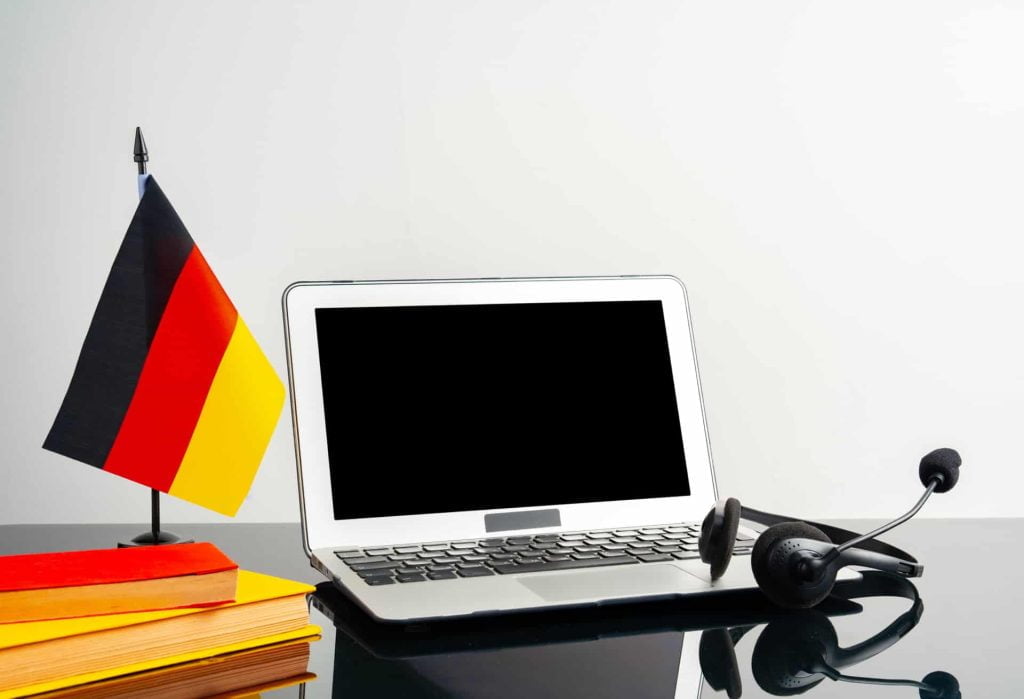Achieving a healthy work-life balance has become a priority for many people worldwide, and Germany is no exception. With a strong economy and a rich cultural heritage, Germans have developed unique attitudes toward work and leisure. This article explores the concept of work-life balance in Germany, examining its cultural underpinnings and implications for both employees and employers.
Historical Context
Germany’s approach to work-life balance is deeply rooted in its history. The post-World War II era marked a shift in attitudes towards work, as the country rebuilt its economy. The “Wirtschaftswunder” (economic miracle) of the 1950s led to a focus on productivity and efficiency. However, as the decades passed, the realization that long working hours did not necessarily equate to higher productivity became evident. The shift towards valuing personal time gained momentum, culminating in modern policies that promote a more balanced lifestyle.
Legal Framework
The German legal system plays a pivotal role in supporting work-life balance. Laws governing working hours, vacation, and parental leave are among the most progressive in the world. The average workweek is capped at 40 hours, and employees are entitled to a minimum of 20 vacation days per year, with many companies offering additional days. Furthermore, Germany’s parental leave policy allows parents to take up to three years of leave while receiving a portion of their salary, encouraging a family-friendly culture.
The Role of Employers
Employers in Germany are increasingly recognizing the importance of work-life balance as a means of attracting and retaining talent. Many companies offer flexible working hours, remote work options, and wellness programs to support employees’ needs. This shift is not just about compliance with legal requirements; it reflects a growing understanding that a satisfied workforce is more productive. Companies that prioritize employee well-being often see lower turnover rates and higher employee morale.
Cultural Attitudes Toward Work
Cultural attitudes in Germany also shape the work-life balance landscape. Germans tend to have a clear separation between work and personal life. The concept of “Feierabend,” which translates to “celebration of the evening,” emphasizes the importance of winding down after work. Many employees leave the office promptly at the end of the workday, and social engagements or family time take precedence over after-hours work. This cultural norm fosters a sense of community and personal fulfillment, making it essential for individuals to nurture their personal lives.
Challenges and Changing Dynamics
Despite the positive aspects of Germany’s work-life balance culture, challenges remain. The rise of digitalization has blurred the boundaries between work and home life, leading to an “always-on” mentality for some employees. The expectation to respond to emails or messages outside of working hours can undermine the principles of work-life balance. As a result, discussions around mental health and burnout have become increasingly relevant, prompting organizations to reevaluate their policies and practices.
The Future of Work-Life Balance
Looking ahead, the future of work-life balance in Germany will likely involve a continued emphasis on flexibility and adaptability. The COVID-19 pandemic has accelerated changes in work environments, prompting many companies to adopt hybrid models that combine remote and in-office work. This transition presents an opportunity to redefine what work-life balance means in a post-pandemic world. As individuals reassess their priorities, organizations will need to remain responsive to employees’ evolving needs.
In conclusion, work-life balance in Germany is a multifaceted issue shaped by historical, legal, and cultural factors. While progress has been made in promoting a healthier balance, ongoing challenges must be addressed to maintain and enhance this essential aspect of life. By fostering an environment that values both professional achievement and personal fulfillment, Germany can continue to lead the way in creating a sustainable work-life balance that benefits individuals and society as a whole.
